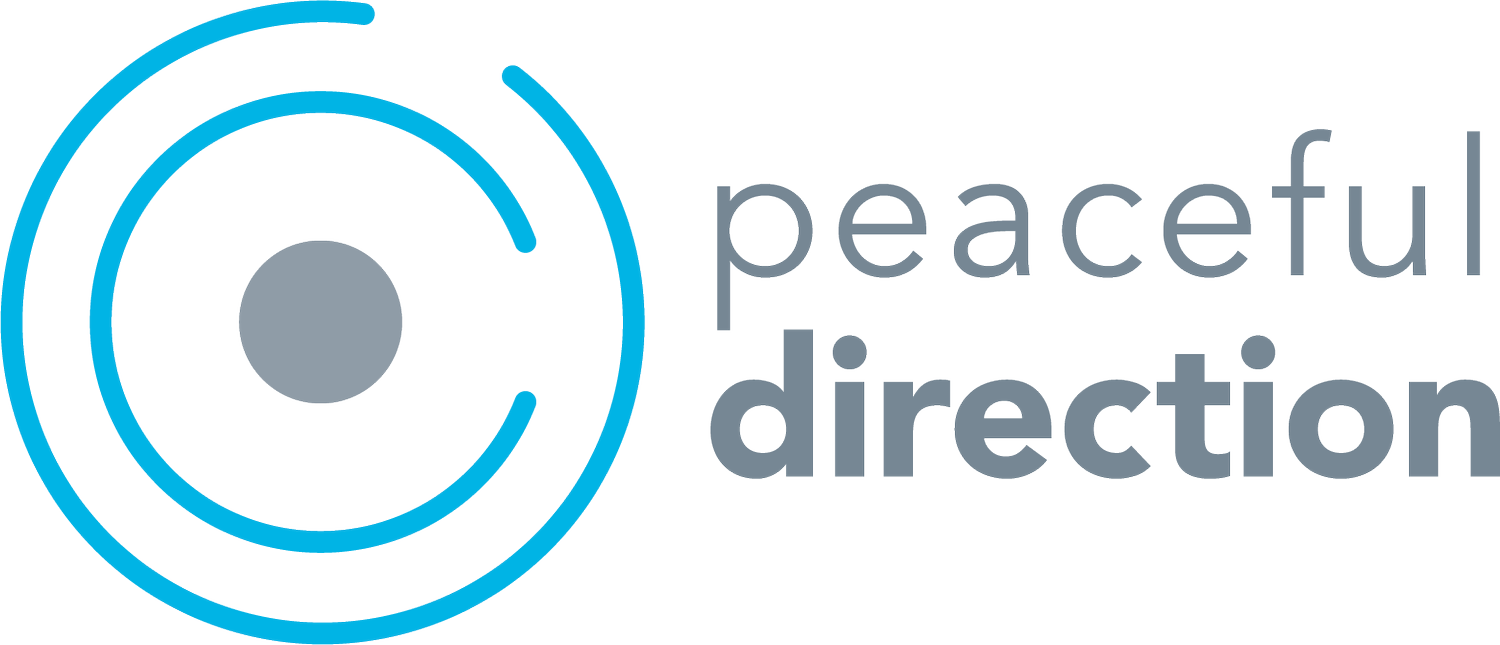My trip to the global coaching conference
(or, a tale of networking for introverts)
I'm freshly back from my first ICF Converge global coaching conference in San Diego. Over dinner, one of my fellow coaches asked me a question I'd wondered about myself:
"What's an introvert like you doing at a conference with 1,000 other coaches?"
The short answer: I value connection with others, but I also know my limits and need to protect my energy. For instance, I know that I’m much better at starting conversations than ending them. I also know when my batteries are running low.
For introverts, successful networking is as much about how we recharge when we're not networking as it is about the networking itself. Here's what worked for me.
Go early.
I don't like crowds, long lines or noise levels that drown out conversation. I do like thoughtful one-on-one exchanges with curious people.
Arriving at networking receptions early, even a few minutes before doors open, checks all of these boxes. I get meaningful conversations before the masses arrive, then slip out as the crowd peaks.
Have a target.
Some people enjoy networking for its own sake. These are people who know no strangers in life, and I admire them. I’m wired a bit differently: I like the connections and look forward to the stories, but it takes me a bit longer to warm up. I take a targeted approach as a way to put boundaries around the experience for myself.
Knowing I’d like to meet 5 new people at an event, or have a conversation with a specific person, gives me a finish line. It keeps me from wandering around aimlessly until I feel like I’ve had enough.
Bring a wingperson.
Walking through an unfamiliar place filled with strangers is deeply unpleasant for me. But with a friend or colleague along, I'm game. They're there during awkward pauses, help facilitate better conversations and provide natural exit points when I introduce them to someone new.
Without a wingperson, even bumping into an acquaintance for a quick hello serves as a great warmup for meeting new people.
Amplify with LinkedIn.
I am old enough to appreciate well-designed paper business cards, but I left home without enough to take to the conference. So I decided to install the LinkedIn app on my phone and use the QR code feature to connect with people at the conference. I started doing this every time I met someone new, and probably got a dozen new connections just in a single day.
It also provided a smooth, natural way to end conversations. I could simply say, "Great meeting you! Enjoy the rest of the conference!" and move along.
Take breaks.
Even the most thoughtfully-planned, inclusive conferences can be an assault on the senses for introverts. The crowd noise, the visuals, the massive buffet lines, the fluorescent lights and the carpet patterns are just… a lot. It helps to be able to get away.
The venue had nooks with armchairs and outdoor seating overlooking the waterfront. When I needed to decompress, I found a quiet spot, put on my noise-canceling headphones, and listened to calming music until I was ready to reengage.
Stay elsewhere.
If I'm participating in a conference or a work-related event, my general preference is not to stay in the designated hotel. I'll typically look for another hotel or an Airbnb within a few blocks. This is a good way to get to know the surrounding area a little bit, and to avoid bumping into colleagues or clients in the swimming pool. Or worse, standing in the elevator in a t-shirt and towel, dripping over my flip-flops, making small talk about the morning keynote.
At Converge, I stayed in a private rental apartment that was just a 10-minute stroll from the giant convention hotel. I was happy to have the walk back from the conference venue to decompress from the day. I also saved a bunch of money.
The bottom line.
Introverts can thrive at networking events. We just need to design the experience around our energy, not against it. By arriving early, setting clear goals, taking strategic breaks and creating physical distance from the venue, I turned what could have been an exhausting obligation into something genuinely valuable.
The connections I made were worth the effort. And because I protected my energy throughout, I left San Diego energized rather than depleted, ready to re-engage at home when I got back.
